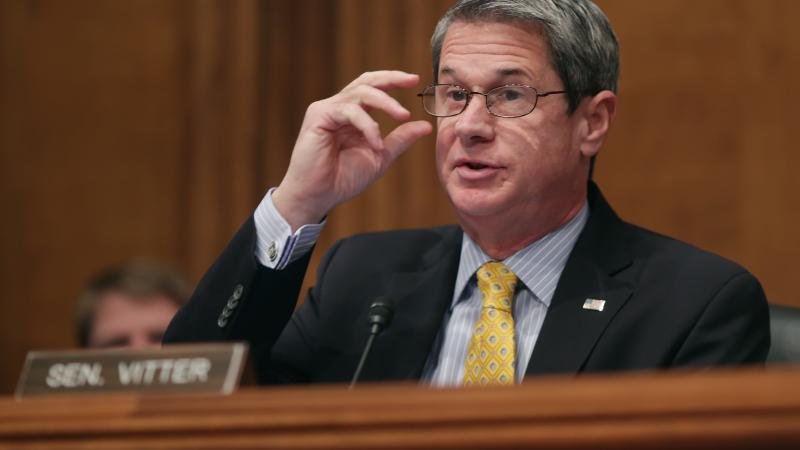California Senators plead with EPA to allow controlled burns in new clean air rules
More than 9,000 wildfires charred more than 4 million acres of land in 2020.
(The Center Square) - For the last few years California has had devastating wildfires ravage the land, disrupt the lives of thousands of residents and result in fatalities and now new Environmental Protection Agency rules may make it more likely to occur again.
Last year’s Fairview fire consumed more than 28,000 acres and took two lives but it was the Creek Fire in 2021 which burned more than 379,000 acres, that set the record for the largest single fire in California’s history. The year before that was another record-setting year- for the most wildfires in a single year- when more than 9,000 wildfires charred more than 4 million acres of land in 2020.
Now U.S. Senators Alex Padilla, Dianne Feinstein (both D-Calif.) and 23 members of California's House of Representatives delegation are aiming to keep prescribed burns in California's arsenal of tools to stop wildfires from getting out of control again.
In January the EPA proposed to tighten fine particle pollution standards triggering concern among the California representatives that the implementation of the rule could inadvertently limit land managers from deploying prescribed fires, and in fact have the opposite effect of improving air quality should an unplanned and uncontrollable wildfire begin.
In a letter to Michael S. Regan, Administrator U.S. Environmental Protection Agency, the 25 representatives stated “..we are concerned that the proposed rule could inadvertently hinder the ability of land managers to deploy prescribed fires that help California avoid the larger catastrophic wildfires that more significantly pollute the air and threaten public safety. Therefore, throughout the rulemaking process and during implementation, we strongly encourage the EPA to continue working closely with federal land management agencies and state, Tribal, and local air quality districts of all sizes to ensure that implementation of the final rule will enable prescribed fire to be deployed through a simple, clear, and efficient process.”
While expressing support for clean air quality and standards, the group noted, “..we must bring healthy, low intensity fire back to Western landscapes through prescribed fire and cultural burning. Scientific and public health experts agree that a significant increase in the use of these beneficial fire practices is essential to reducing overall PM 2.5 exposure and addressing the long-term impacts of rampant wildfire on our communities.”
PM 2.5 is fine particle pollution in national ambient air quality standard (NAAQS) lingo and is the principal pollutant in wildfire smoke.
The letter noted that the state of California has concluded a Memorandum of Understanding with the United States Forest Service to increase the use of fuel treatments, including prescribed fire to 1 million acres per year by 2025, while the Department of the Interior is still considering the role of prescribed burns, although they agree in principle.
The main concern expressed in the letter was that California’s Air Districts will, without clear guidance from EPA, reduce prescribed burns rather than risk the consequences of “non-attainment.”
Non-attainment is the failure to meet particulate matter measurement set by National Ambient Air Quality Standard by the deadline mandated in the Clean Air Act.
“We urge you to continue to collaborate with land managers, air districts, and fire practitioners to ensure that prescribed fire can be deployed in an efficient and timely way under the new standards,” the group pleaded.















